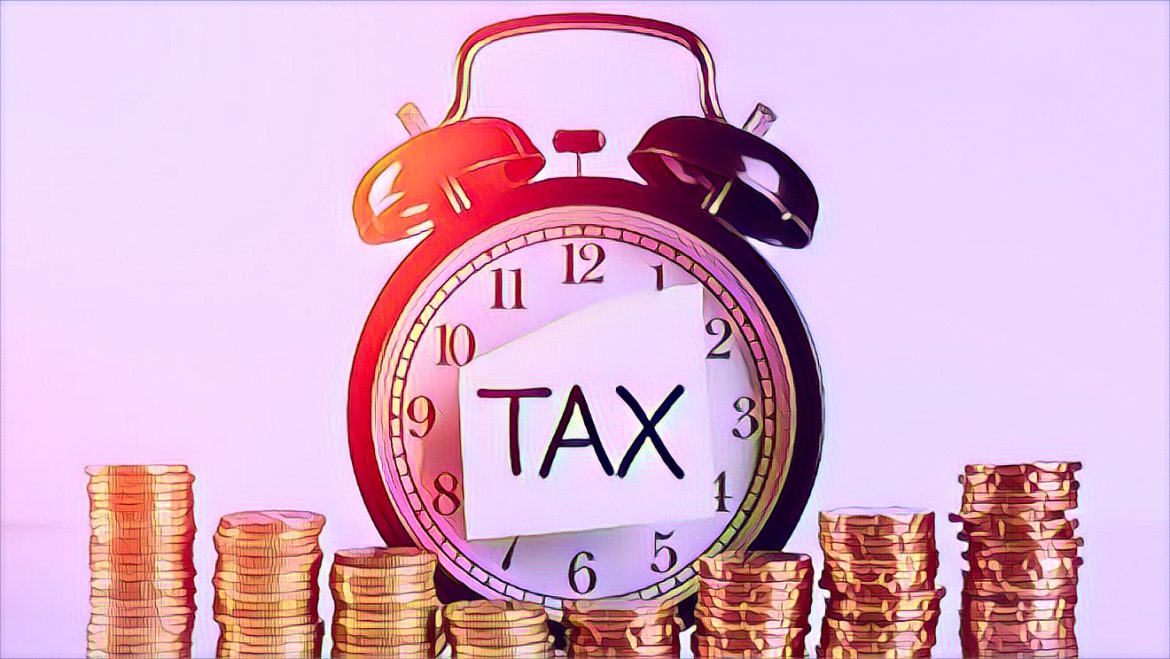In Zimbabwe, Small and Medium Enterprises (SMEs) are voicing concerns over recently introduced government measures aimed at formalizing the informal sector. SMEs fear that these measures, particularly new taxes, could potentially choke their businesses and hinder economic growth.
The informal sector in Zimbabwe has been a significant contributor to the nation’s economy, estimated to account for approximately 70% of economic activity. However, despite its substantial contribution, the informal sector has not translated into significant fiscal revenue for the government. In response to this situation, the government has implemented measures to tap into the sector’s economic potential.
One of the latest rounds of measures introduced by the government includes a requirement for enterprises with a yearly income of US$25,000 to register for value-added tax (VAT). Additionally, formal companies are now restricted from conducting business with informal traders who do not possess VAT licenses.
During the “Unpacking the Finance Act” seminar held recently, which was hosted by the Ministry of Women Affairs, Community, Small, and Medium Enterprises Development, Farai Mutambanengwe, the executive director of the Small and Medium Enterprises Association of Zimbabwe, expressed concern about the impact of the new tax regime. Mutambanengwe emphasized that the tax regime seemed to criminalize much of the informal sector and was likely to result in non-compliance.
He stated, “It looks like this tax regime is criminalizing most of the informal sector. It’s not the issue of us not wanting to pay, but the tax regime is quite radical. The thing is, if you look at the people selling on the streets, how are they going to pay those taxes? The city council will only have a lot of people to run after. This system will push the SMEs into non-compliance.”
Mutambanengwe further raised concerns about the continuous increase in taxation and its potential impact on tax avoidance. He stressed that the tax regime should have been gradually implemented to avoid choking the SME sector.
The seminar witnessed the participation of various leading SME organizations, most of which expressed their disapproval of the new taxes. Daniel Chinyemba, the chairperson of the Zimbabwe Chamber of SMEs, advocated for a simplified and gradual implementation of the tax system to reduce the likelihood of non-compliance.
Chinyemba stated, “The approach of the tax system should be gradual. The taxation system should be simplified so that they can understand. The taxes are quite complicated, and we need to understand where they are coming from. As SMEs, we are just trying to make a living and we try to formalize our businesses as well. We want to comply, but we feel that some of these taxes are unreasonable. Some of these entrepreneurs do not even know the benefits of being formal. They need to be educated.”
A recent study conducted by the central bank in 2022 found that the informal sector in Zimbabwe is estimated to generate an annual turnover of US$14.2 billion. While the government’s intention to formalize and tap into this economic potential is commendable, SMEs are raising valid concerns about the tax regime’s potential adverse effects on their businesses. Finding a balanced approach that encourages compliance without stifling growth will be crucial in ensuring the success of these government initiatives.


